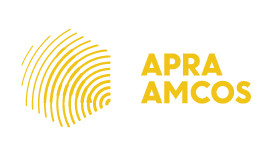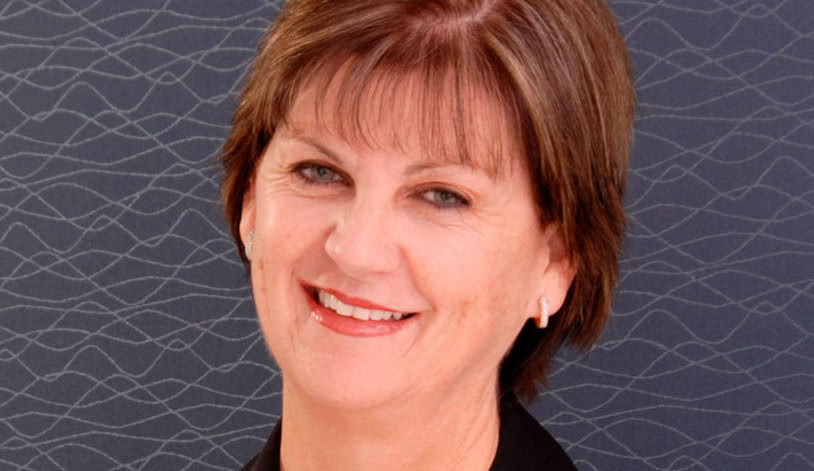APRA AMCOS, CRA ‘concerned’ and ‘disappointed’ with government’s media bailout measures

APRA AMCOS is “deeply concerned” with the federal government’s decision to scrap content quotas across drama, kids shows and documentaries for free-to-air and subscription TV for rest of the year, a situation which the PRO warns is a lose-lose for screen composers.
The Morrison government on Wednesday (April 15) unveiled a relief package for the media industry, which has been punished by plummeting ad-spend.
Minister for Communications, Cyber Safety and the Arts, Paul Fletcher MP announced a set of measures, and shovelled an extra $54 million into Australia’s TV, radio and regional publishers, a sum that represents twice the amount committed to the music community last week.

COVID-19 has effectively halted production of Australian screen content, making it impossible for free-to-air and subscription TV businesses to meet Aussie content obligations, Fletcher’s office noted in a statement issued Wednesday.
“As an emergency red tape reduction measure, I have suspended Australian drama, children’s and documentary content obligations on free-to-air and subscription television for 2020,” Fletcher said.
The requirement for broadcasters to meet an overall 55 per cent Australian content obligation remains unchanged and a decision will be taken before the end of the year on whether to relax quotas into 2021.
APRA AMCOS and its partners at Screen Producers Australia and the Australian Guild of Screen Composers don’t see it the same way.
“There are scores of screen productions ready for release and in the final stages of post-production that can be scheduled over the remainder of the year,” said Dean Ormston, CEO APRA AMCOS, in a statement issued late in the day.
“The move to water down content obligations will incentivise television broadcasters and subscription services to reduce the programming of new productions to the detriment of the local industry, including our screen composer members,” he continues.
Today I’ve announced immediate relief for the Australian media sector which has been hit hard by #covid19 and longer term reform to harmonise content regulation and position the TV and production sector for a sustainable future. Read more here https://t.co/387UaAe3pr
— Paul Fletcher (@PaulFletcherMP) April 15, 2020
With the live music crippled by the COVID-19 emergency, the music industry has presented Fletcher and others with an emergency package worth $650 million, designed to help the country’s network of venues and tens of thousands of artists, employees and entrepreneurs to bounce-back from these dire times. To date, the proposal has fallen on deaf ears.
In the meantime, Ormston, Live Performance Australia CEO Evelyn Richardson and other industry advocates continue to push their case.
We're deeply concerned at the move by the Australian Government to remove drama, children’s and documentary content obligations for free-to-air and subscription television for the remainder of the year https://t.co/dF8xpTbBYr
— APRA AMCOS (@APRAAMCOS) April 15, 2020
Also today, the government announced it would offer a 12-month waiver of spectrum tax for commercial television and radio broadcasters, at a cost of $41 million, and proposed a new $50 million Public Interest News Gathering programme, of which only a portion is new money.
Commercial Radio Australia chief executive officer Joan Warner said the industry was grateful, but the assistance wouldn’t stretch far enough.
“We welcome the move to waive spectrum fees but the measures announced today do not go far enough in addressing the pressures facing the radio industry,” she said.
“We are grateful for the one-year waiver of spectrum taxes which amounts to about $1.2 million for radio, spread across the large number of networks and stations.”

Joan Warner
Warner said the trade body was “disappointed” that commercial radio has been “largely overlooked in spite of its continued delivery of service to the Australian community during the pandemic, and before that, during the bushfires and the drought.”
Warner and CRA last week warned radio advertising revenues would likely head south when Deloitte posts results for the March quarter later this month. The full scale of the downturn, however, won’t be seen until the June quarter figures are released.
This article originally appeared on The Industry Observer, which is now part of The Music Network.






























